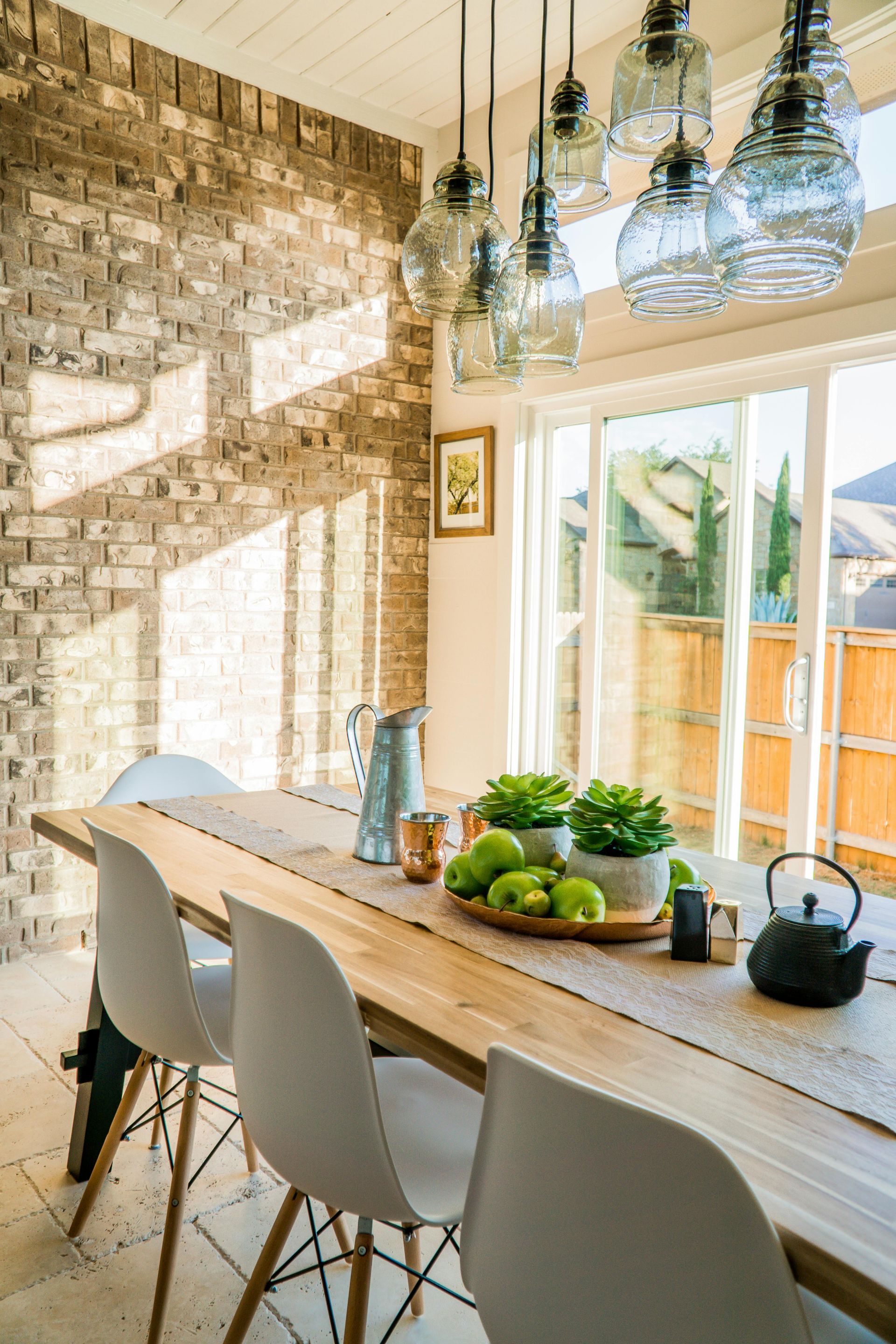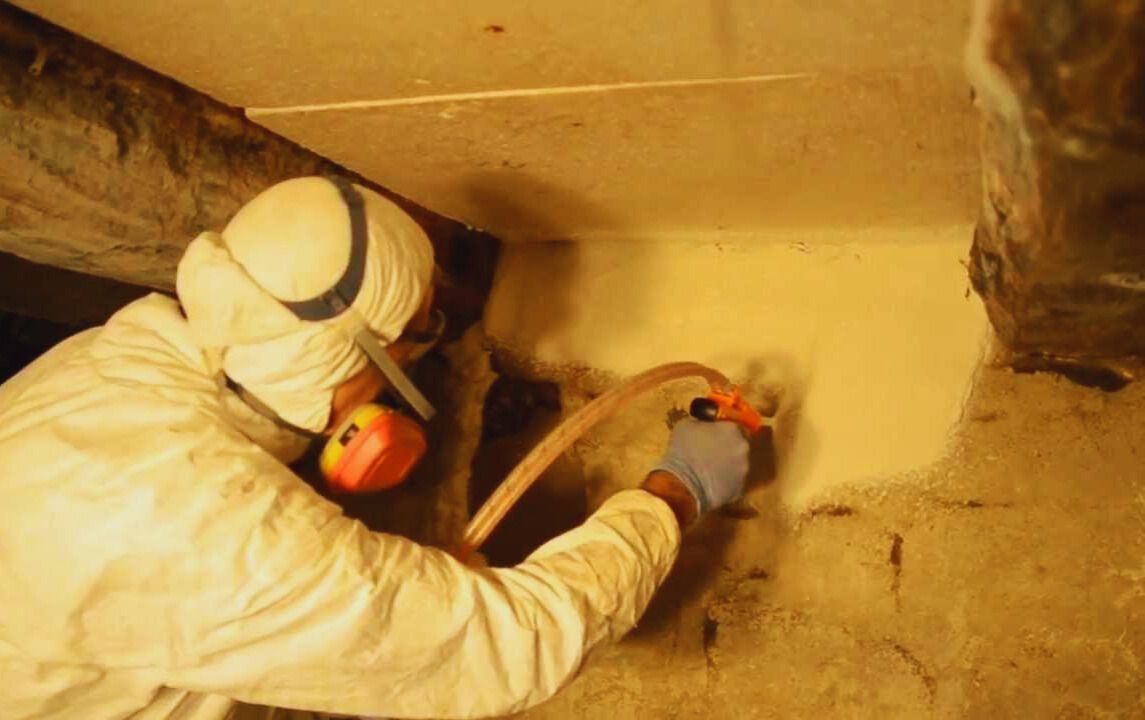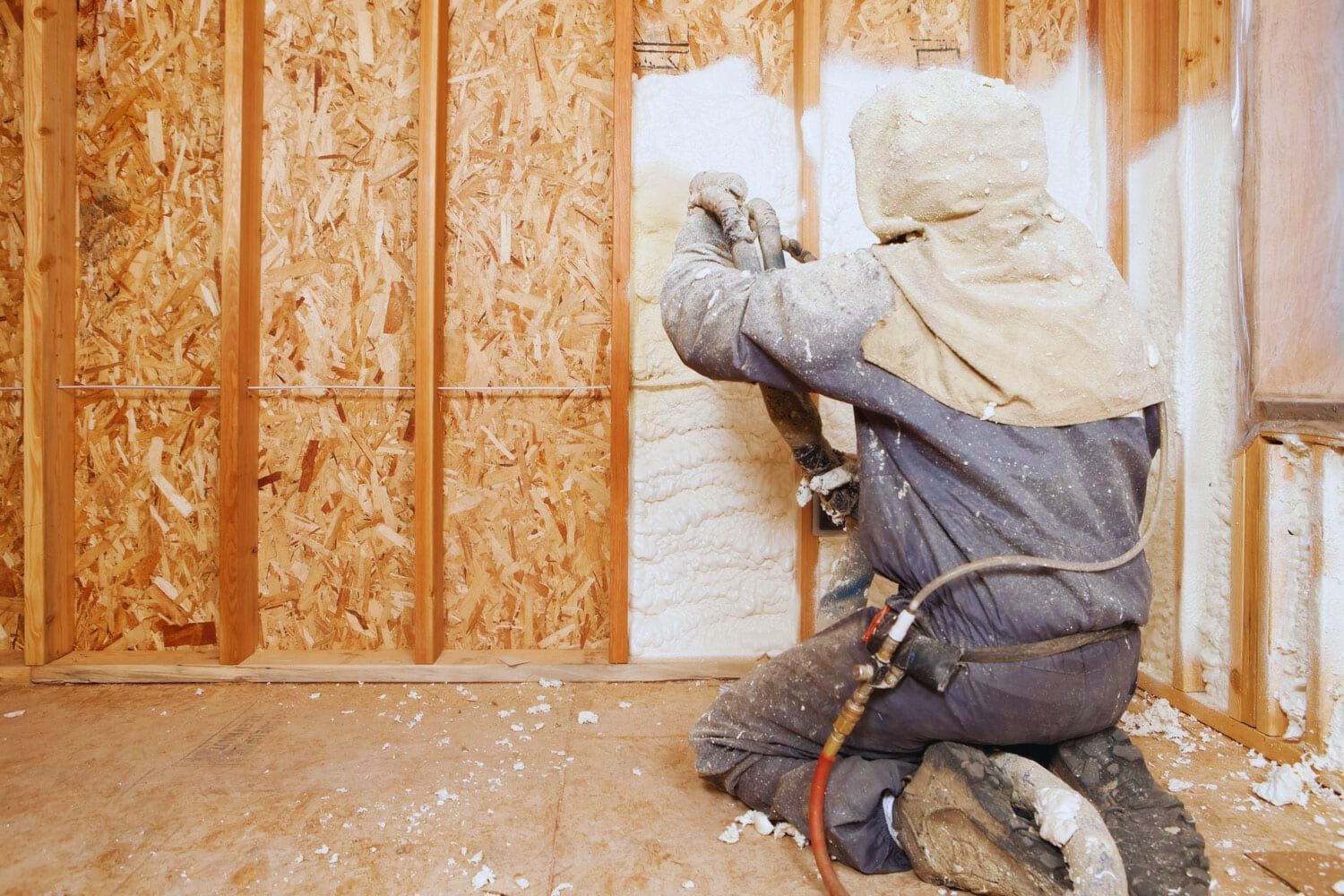Comparing Spray Foam Insulation with Traditional Insulation: Which is Better?

When it comes to insulating your home, choosing the right insulation material is crucial for energy efficiency, comfort, and cost savings. Among the various options available, spray foam insulation and traditional insulation (such as fiberglass or cellulose) are two popular choices. But which is better for your needs? In this blog post, we'll compare spray foam insulation with traditional insulation, examining their differences, benefits, and drawbacks to help you make an informed decision.
Understanding the Basics
Spray Foam Insulation
Spray foam insulation is a high-performance material that is sprayed onto surfaces where it expands and hardens, forming an airtight seal. There are two main types of spray foam insulation:
- Open-cell Spray Foam: This type is less dense, flexible, and provides good soundproofing. It has a lower R-value (thermal resistance) compared to closed-cell foam but is generally less expensive.
- Closed-cell Spray Foam: This type is denser and more rigid, offering superior thermal resistance and moisture barrier properties. It has a higher R-value, making it more effective for extreme temperatures.
Traditional Insulation
Traditional insulation materials include:
- Fiberglass Insulation: Composed of fine glass fibers, fiberglass is available in batts, rolls, and loose-fill forms. It is a common and cost-effective insulation material with a moderate R-value.
- Cellulose Insulation: Made from recycled paper products, cellulose is treated with fire retardants and is available in loose-fill or dense-packed forms. It has a higher R-value than fiberglass and is considered environmentally friendly.
- Mineral Wool Insulation: Derived from natural or synthetic minerals, mineral wool offers good thermal resistance and fire resistance. It is available in batts and loose-fill forms.
Thermal Performance and Energy Efficiency
Spray Foam Insulation
One of the standout features of spray foam insulation is its high R-value, especially for closed-cell spray foam. The higher the R-value, the better the material insulates. Spray foam's ability to expand and fill gaps creates an airtight seal, significantly reducing air leakage and improving energy efficiency. This can lead to substantial savings on heating and cooling costs.
Traditional Insulation
Traditional insulation materials, like fiberglass and cellulose, have lower R-values compared to spray foam. While they can effectively insulate a home, they are not as efficient at sealing air leaks. This means that homes insulated with traditional materials may experience higher energy losses and less consistent indoor temperatures, resulting in higher energy bills.
Installation Process
Spray Foam Insulation
Spray foam insulation requires professional installation. The process involves spraying the foam onto surfaces, where it expands and hardens within seconds. This method ensures complete coverage, even in hard-to-reach areas. However, the installation process can be more expensive and time-consuming compared to traditional insulation methods.
Traditional Insulation
Traditional insulation materials, such as fiberglass batts or rolls, can be installed by homeowners or professionals. The installation process is generally straightforward and less costly than spray foam. However, achieving a perfect fit and preventing gaps can be challenging, particularly in irregularly shaped spaces.
Moisture and Air Barrier
Spray Foam Insulation
Closed-cell spray foam insulation acts as both an air and moisture barrier. It prevents air infiltration and exfiltration, reducing the risk of drafts and improving indoor air quality. Additionally, its moisture-resistant properties help prevent mold growth and structural damage, making it ideal for areas prone to high humidity.
Traditional Insulation
Traditional insulation materials do not provide the same level of air or moisture barrier as spray foam. Fiberglass and cellulose can allow air to pass through, leading to potential drafts and energy losses. Moreover, they can absorb moisture, increasing the risk of mold growth and reducing their insulating efficiency over time.
Longevity and Durability
Spray Foam Insulation
Spray foam insulation is known for its durability and long lifespan. Once installed, it maintains its insulating properties for decades without the need for replacement or maintenance. This longevity makes it a cost-effective choice in the long run, despite its higher initial cost.
Traditional Insulation
Traditional insulation materials, such as fiberglass and cellulose, may degrade over time, especially if exposed to moisture. Fiberglass batts can sag or settle, reducing their effectiveness. Cellulose can become compacted, decreasing its R-value. Regular inspections and potential replacement may be necessary to maintain optimal insulation performance.
Environmental Impact
Spray Foam Insulation
While spray foam insulation offers excellent energy efficiency, its environmental impact is a consideration. The production process involves chemicals that can emit volatile organic compounds (VOCs) during installation. However, many manufacturers are now offering low-VOC and environmentally friendly options.
Traditional Insulation
Cellulose insulation is considered one of the most environmentally friendly options due to its use of recycled materials. Fiberglass insulation also has a relatively low environmental impact, especially when made from recycled glass. Mineral wool, derived from natural minerals, is another eco-friendly choice.
Cost Considerations
Spray Foam Insulation
The initial cost of spray foam insulation is higher than traditional insulation methods. However, the long-term energy savings, durability, and reduced maintenance costs can make it a worthwhile investment. Homeowners should weigh the upfront cost against the potential savings over time.
Traditional Insulation
Traditional insulation materials are generally less expensive upfront. Fiberglass is one of the most cost-effective options, while cellulose and mineral wool offer moderate pricing. However, the potential need for replacement and lower energy savings should be considered when evaluating overall cost-effectiveness.
Conclusion: Which is Better?
The choice between spray foam insulation and traditional insulation depends on various factors, including budget, specific insulation needs, and long-term goals. Spray foam insulation offers superior thermal performance, air and moisture barrier properties, and long-term durability. It is an excellent choice for homeowners seeking maximum energy efficiency and willing to invest in the long-term benefits.
Traditional insulation materials, such as fiberglass, cellulose, and mineral wool, are more affordable and can effectively insulate a home when installed correctly. They are suitable for those with budget constraints or for specific applications where their properties are advantageous.
Ultimately, the best insulation choice will vary based on individual circumstances. Consulting with a professional insulation contractor can provide valuable insights and help determine the most suitable option for your home.
If you’re considering upgrading your home’s insulation, Georgetown Premier Insulation can help you navigate the options and provide professional installation services. Contact us today to learn more about how spray foam insulation or traditional insulation can enhance your home’s comfort and efficiency.
You might also like
GPI Articles


Request Service Today!
Thank you for contacting us.
We will get back to you as soon as possible.
Oops, there was an error sending your message.
Please try again later.
Revolutionize your living experience with our top-tier spray foam insulation service, designed to elevate your home's energy efficiency and comfort levels to new heights. Our dedicated team of professionals brings years of expertise to every project, ensuring precise installation of high-quality spray foam insulation throughout your entire home. Bid farewell to pesky drafts, soaring energy bills, and uneven indoor temperatures as our meticulously applied insulation seals every nook and cranny, creating a cozy and consistent climate year-round. Not only does our insulation solution enhance your comfort, but it also promotes environmental sustainability by reducing energy waste and lowering your carbon footprint. Rest easy knowing that our comprehensive insulation package is tailored to suit your home's specific needs, providing lasting performance and peace of mind for you and your family. Experience the transformative power of superior insulation with our trusted service. Interested in knowing more? Check out our Blog!






